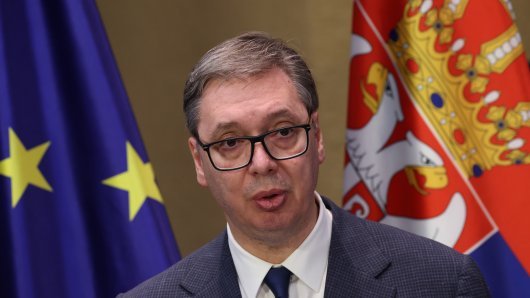Hungarian Foreign Minister Janos Martony said at a session of the European Parliament's Foreign Affairs Committee in Brussels on Thursday that it was possible to close the remaining four policy areas in Croatia's EU entry talks by midnight on June 30.
We must complete the talks with Croatia by midnight on June 30 and it is possible, Martony said, adding that Hungary's insistence on completing the talks by the end of its EU presidency was not a matter of national prestige or trophy-collecting, but was in the interests of both the EU and the candidate countries.
The Council of the EU task force in charge of enlargement is working to harmonise joint negotiating positions for the remaining four policy areas whose draft the European Commission submitted last Friday, assessing that Croatia was ready for the completion of its EU entry talks.
The policy areas that remain to be closed are Judiciary and Fundamental Rights; Competition Policy; Finance and Budgetary Provisions; and Other Issues.
The Hungarian EU Presidency had planned to hold an intergovernmental accession conference with Croatia on June 21, but diplomatic sources say that there are now three possible options. The first envisages the closing of all four policy areas on June 21, the second envisages closing some of the chapters at the June 21 conference and the others by the end of June, while the third option foresees the closing of all policy areas in the week after a summit of the European Council, the body composed of heads of state or government of the member-countries, to be held on June 23-24.
Should an accession conference be called after the summit, it would probably be held on June 30 even though an earlier date is not ruled out.
A decision was made in Brussels today to hold the first intergovernmental accession conference with Iceland on June 27. At the first accession conference Iceland is expected to open talks on four policy areas - Science and Research; Education and Culture; Public Procurement; and Information Society and Media, of which the first two will also be closed at the conference.
































